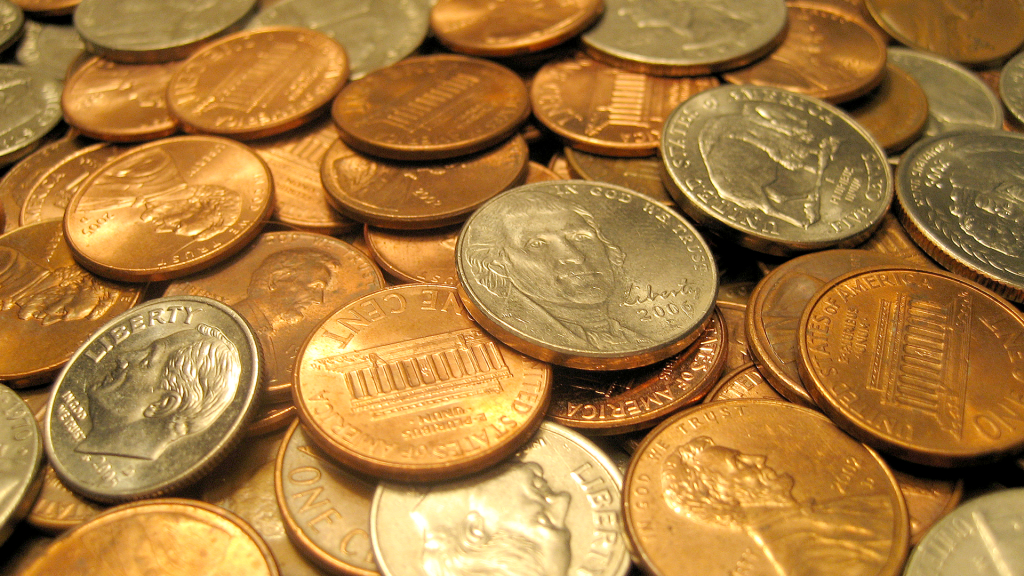
As the world continues to move more toward digital transactions, more and more businesses and organizations utilize digital payment methods. Digital payments have boomed since the start of the COVID-19 pandemic because of their flexibility and ease of use.
But as more digital payment processing companies begin to emerge, scammers adapt. A new scam that has been on the rise is a micro-deposit scam.
Micro-deposits are small amounts of money – generally under $1 – that are transferred from one account to another. They typically come in pairs and in separate amounts, usually coming within three days of linking accounts. The purpose of micro-deposits is to verify if the account on the receiving end is the account that is intended to be linked to the depositing account.
So far, everything described is common when linking accounts.
But how micro-deposit scammers operate is by linking online accounts with strings of random numbers, just hoping to get a valid bank account. When a deposit is verified from a bank account, the fraudsters will use information about the account holder to withdraw funds from their account.
The best way to combat this type of fraud is to monitor your account regularly. If you notice a micro-deposit, DO NOT verify it if you didn’t initiate it and DO NOT click on any links that are embedded in a verification request message or download any attachments in a verification email.
If you’ve been the victim or a target of a micro-deposit scam, contact your bank to ensure it won’t happen again. And then contact the Federal Trade Commission at https://reportfraud.ftc.gov/.
Opinions expressed above are the personal opinions of the author and meant for generic illustration purposes only. RCB Bank, Member FDIC.



